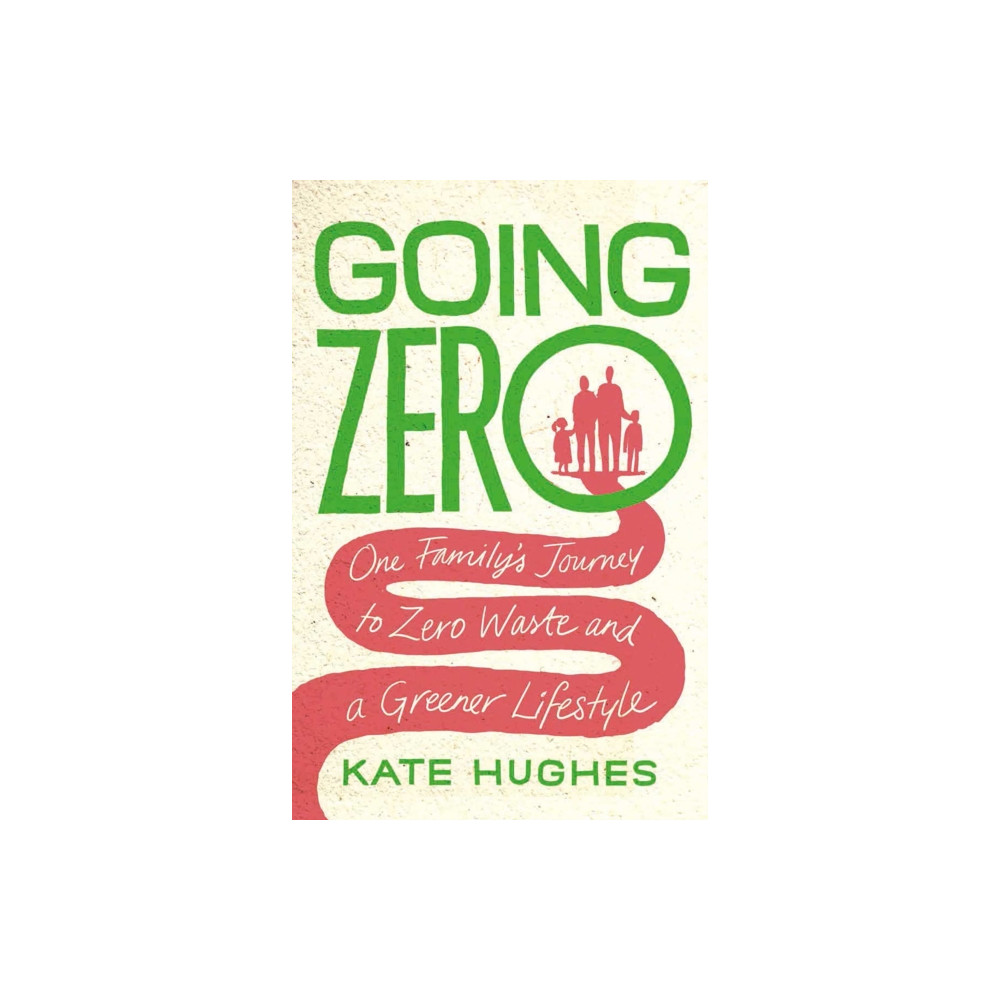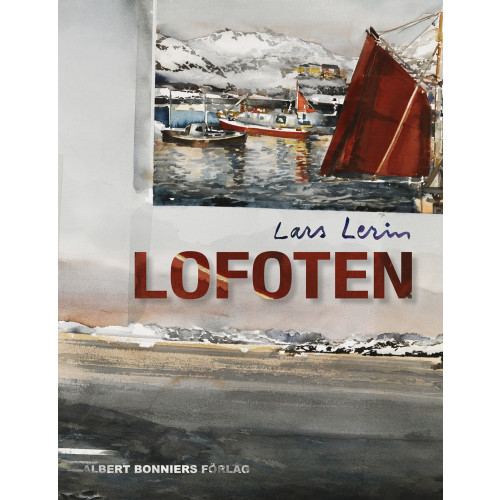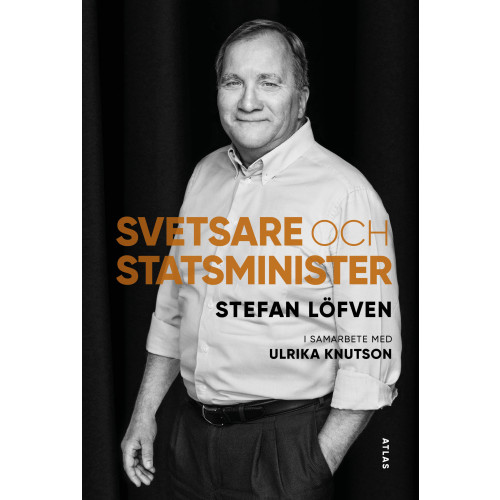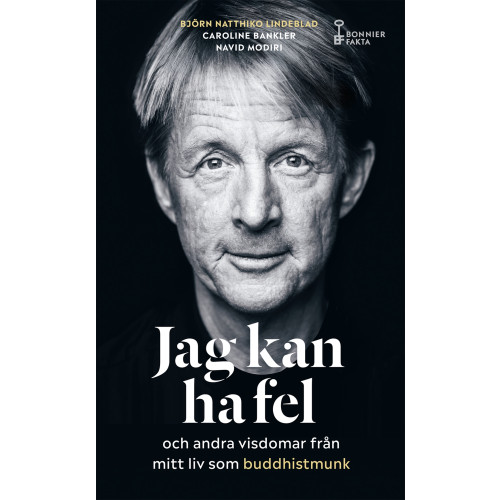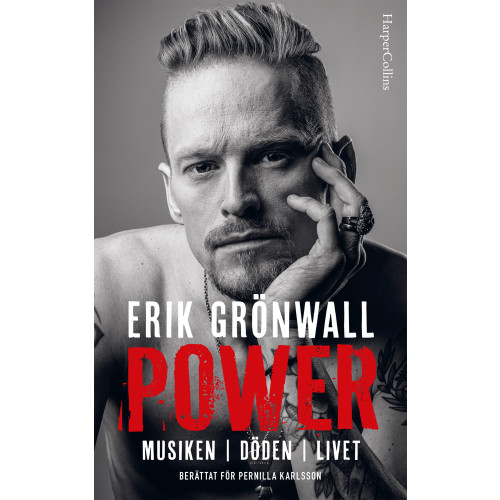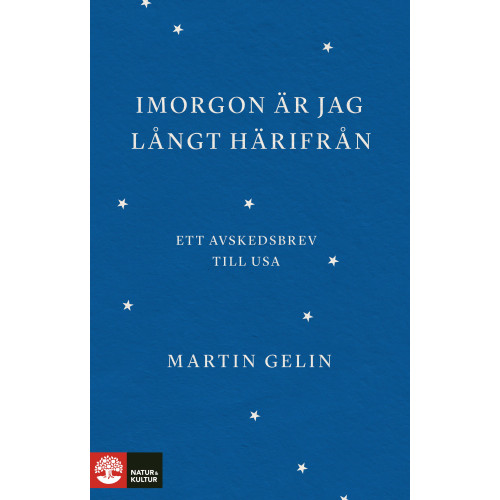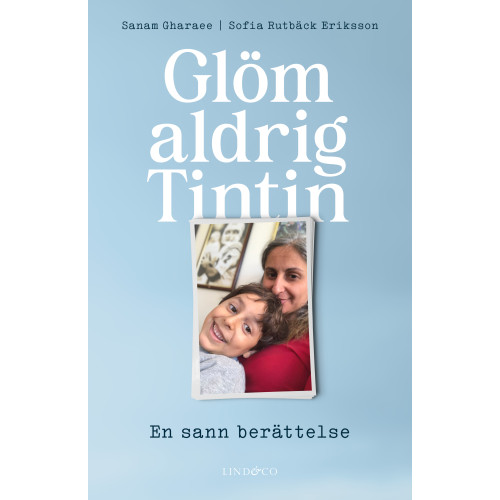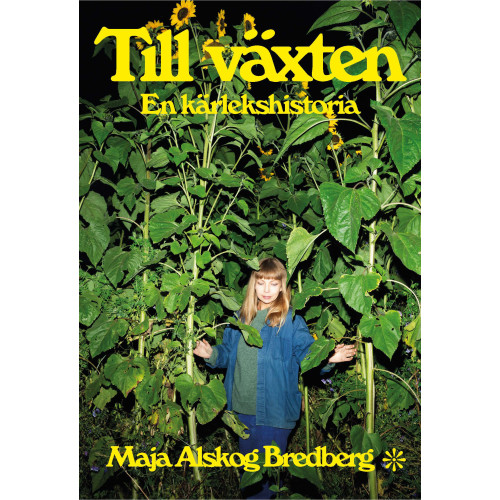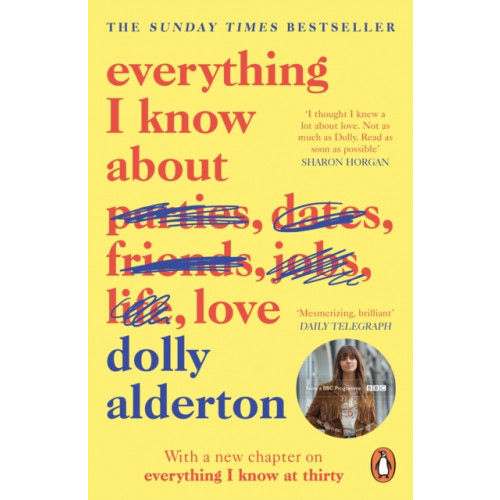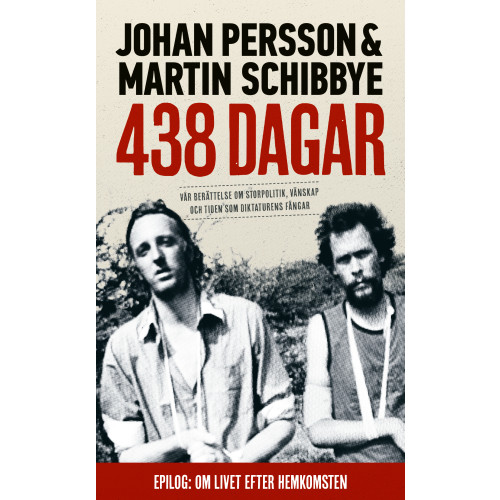Going Zero (häftad, eng)
- Inköpspriser för medlemmar (Logga in)
- Frakt från 0 kr
- 14 dagars öppet köp
When a beanbag sent thousands of polystyrene balls flying through her garden, Kate Hughes decided to make a break with the throwaway society.
She and her husband transformed the lives of their ordinary family of four.
They ditched plastic, shunned supermarkets, cooked all meals from scratch, bought only second-hand clothes, and made their own cleaning agents. Then they went deeper – greening every aspect of their home life, from their gas and electricity to their car, from their money to their IT.
The Hugheses have achieved the ‘zero waste’ goal of sending nothing to landfill.
Now they are going even further…
Told with refreshing humility and humour, this eye-opening story shows that a well-lived life doesn’t have to come wrapped in plastic. Packed with handy tips, it reveals much about what makes a fulfilling modern family – and how readers can empower themselves to preserve the climate, forests and seas.
And, heart-warmingly, how that can lead to a more relaxing life.
Extract
Cooking our own meals
Wrestling out of the firm grip of the supermarkets has had other, unexpected benefits, too.
It’s undoubtedly cheaper to cook from scratch, especially if you can batch cook and fill every available space in your oven to reduce energy costs.
The need to become the more organised, list-writing type of shoppers has also helped dramatically cut our food waste. We’re lucky that we can and do buy our raw ingredients from small, independent retailers that source from nearby suppliers and growers and pass on our questions about sustainability, sometimes even with enthusiasm.
But what we hadn’t anticipated were the indirect effects of a brand vacuum.
If you ever pop round to ours and start randomly opening our kitchen cupboards, fridge or freezer they would probably remind you of a blind taste test or an episode of the BBC’s Eat Well for Less. There’s definitely food in there, but it’s all in label-less jars, paper bags or sometimes even sacks for bulk items like bread flour and oats.
At first, visitors find the lack of familiar packaging quite unsettling. We get a lot of questions that start: ‘Is this proper/real/like…?’ as guests hold jars up to the light with badly disguised scepticism.
On the plus side, our children now have zero pester power.
We don’t need to navigate the snack shuffle at the supermarket checkout because they have no hope of deploying the ‘It’s not the one I like’ argument at mealtimes. Nor, for that matter, have the adults.
...
But we were starting to realise that making the journey was leading to more questions than answers, more grey areas, misinformation and conflicts of interest than we ever imagined – and that was just about food.
We hadn’t even got started on anything else that came into our home yet.
Take a single, uncontroversial ingredient, let’s say peppers. Should we buy them grown in a UK hothouse or ones trucked in from Spain? What if the Spanish ones are organic? Or the only UK option is wrapped in plastic? Which is better for the environment? Or at least less harmful? If we ever want to eat peppers again without negatively impacting the planet in some way are we going to have to grow our own? Because self-sufficiency wasn’t really part of the plan....
All we could do was dive in and hope we didn’t drown in the detail as we swam around looking for food that worked for us and the planet.
We started with the problem of transport because food mileage was a well established measure that meant we could actually make some decisions based on numbers for once. Or, at least, we thought we could.
Three quarters of all the fruit and veg now eaten in the UK is imported.
Almost all the fruit we eat has been grown overseas, and soft fruit in particular is flown in. It turns out that the UK only produces half of all the food that is consumed on these shores – which is somewhat patriotically disconcerting as well as practically unsustainable.
Global sourcing is not a new approach to feeding a nation.
One of our family stories is the recollection of the first banana my great uncle ever tasted after the Second World War, shipped from the other side of the world and unloaded onto the Liverpool docks. We were very aware that bananas came from overseas.
But the fact that such a vast proportion of the apples eaten in Britain are imported from South Africa, or at best France, when the fruit grows very well in the miles of orchards you can see from the motorway near our house seemed to be absurd.
The obvious solution appeared to be only to buy food produced not just in the UK but as close to our immediate vicinity as possible.
That immediately threw up two questions.
The first we were becoming increasingly familiar with.
Were we really prepared to give up things we took great pleasure in for the sake of an unquantifiable, but undoubtedly minuscule effect? Or even just to settle for not adding to the runaway levels of damage that our disconnected food shop was causing each and every day?
We are children of the 90s.
We grew up safe in the knowledge that the world’s produce was at our fingertips at any time of the year. When we were kids, cuisine was regularly valued on the exoticism of its ingredients. Even if your palate was resolutely British, a Sunday roast at an ageing auntie’s always included the smug mention that the family was consuming lamb imported from the other side of the world.
Even in our twenties, the craze for exotic bottled water shipped, plastic encased, in vast quantities from tropical islands thousands of miles away, packed a serious economic punch.
And then there’s the avocado – a native of Mexico and now all but a dictionary definition of the British Millennial. We had come of age and then brought our children into the world on the assumption that it was normal to buy exotic food cheaply all year round.
Things were clearly going to have to change, starting with my obsession with avocado on toast.
But the second question was whether a straightforward food mile approach was even a worthwhile aim. When I put the question of food miles to Riverford Organic Farmers, the sustainably produced veg box people, they told me that for most of the year our carbon impact would be smaller if we bought organic tomatoes trucked in from Spain than those heated thanks to fossil fuels in a UK hothouse.
That means the answer has to be to eat food grown in the UK at the time of year it is traditionally produced.
We finally arrived at a robust solution – seasonal, native eating.
Buy the book to find out how they tackled this!
| Format | Häftad |
| Omfång | 256 sidor |
| Språk | Engelska |
| Förlag | Canbury Press |
| Utgivningsdatum | 2022-03-31 |
| ISBN | 9781912454693 |
Artikelnummer
2687390
EAN
9781912454693
Leverans:
Denna produkt skickas från oss inom 4 - 5 vardagar. I kassan väljer du om du vill få leverans med Budbee, Airmee, Best Transport, Early Bird, Postnord eller DB Schenker. Vissa speditörer har vikt- eller storleksbegränsningar och kan av den anledningen saknas som alternativ i kassan om du handlar många eller väldigt stora produkter.Fri retur:
För Plus-medlemmar gäller fri retur och 14 dagars full returrätt från den dagen du tar emot din leverans. För övriga kostar retur från 49 kr.Undantag:
Hygienartiklar, livsmedel, gratisprodukter, kosmetik, underkläder och intimprodukter får inte returneras på grund av hygienskäl. Är du osäker på om en produkt får returneras kan du kontakta oss på info@buyersclub.se.Leveranser:
